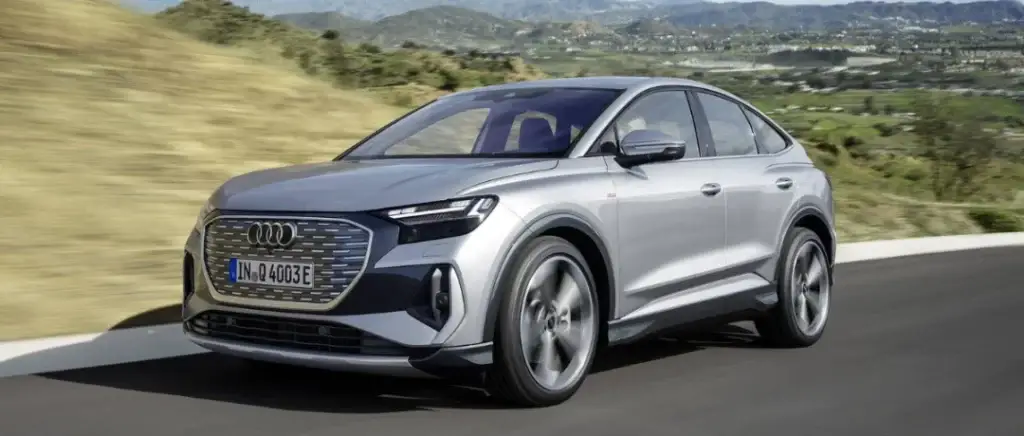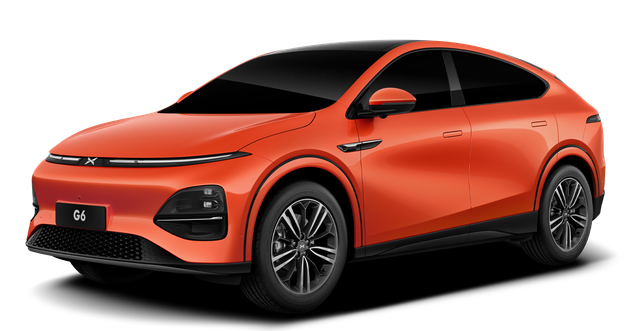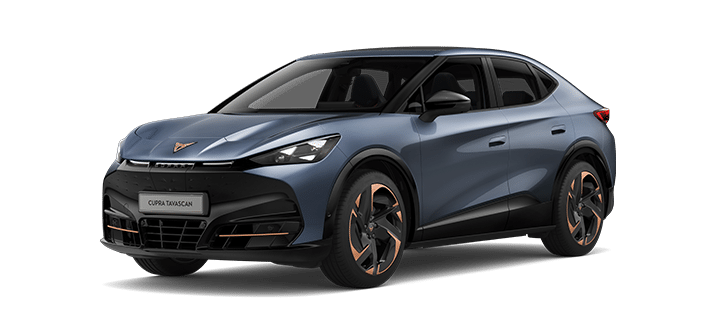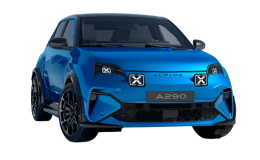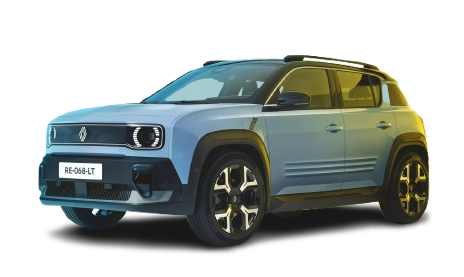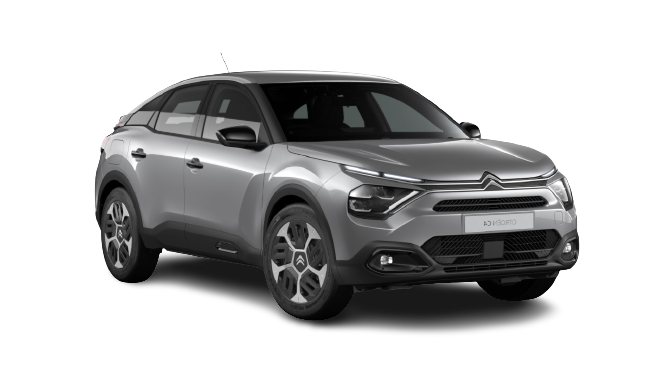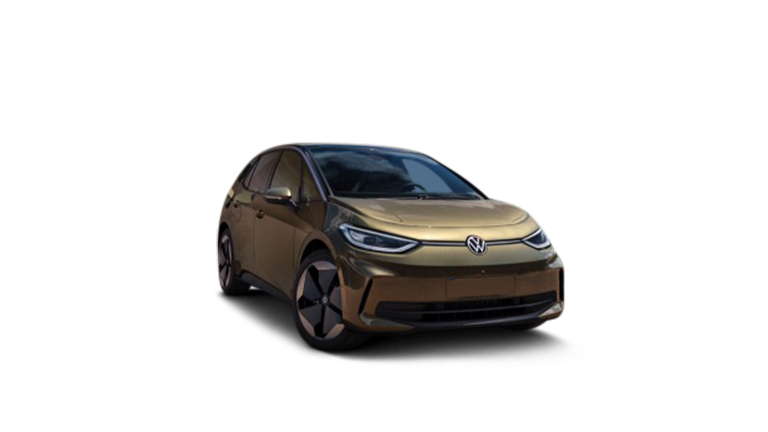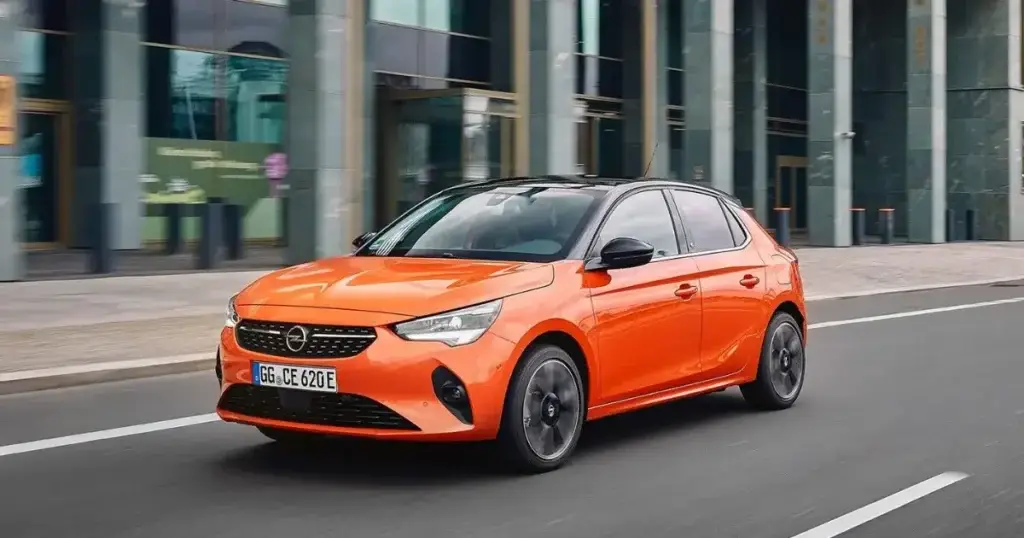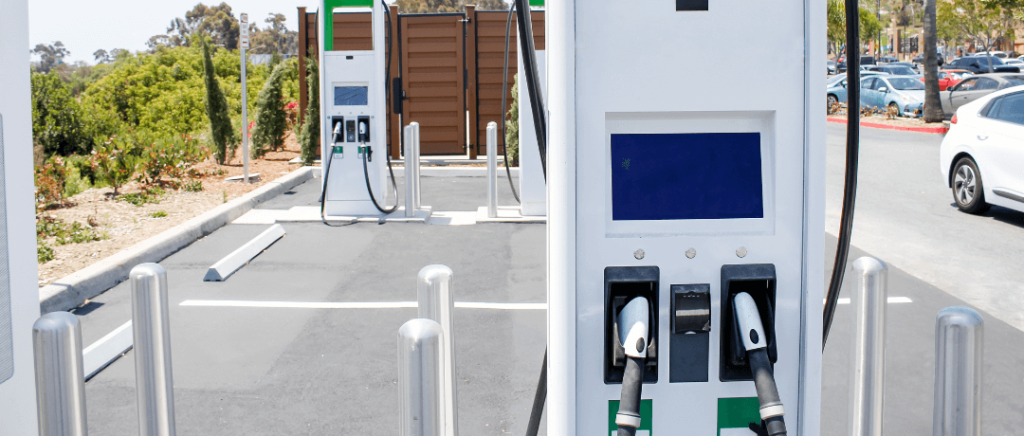
VS

Compare the Fiat 500 vs Opel Corsa-e in our electric car comparison tool
Electric cars: how to choose?
Acquiring an electric vehicle can be a special step in the life of a motorist.
Particularly when you're making this transition for the first time:
What is therange of an electric car? How do you recharge your vehicle? What kind of assistance is available for the purchase of an electric vehicle?
So, first of all, we're going to explain the various essentials of an electric car.
Autonomy
Budget, range, recharging and maintenance are all crucial factors in optimizing the transition to an electric car.
The quiet ride, ecological impact and low maintenance and recharging costs will have you falling under the spell of the electric car.
Today, autonomy is suitable for all types of driver, even if you have to cover a lot of kilometers, several long-range models are now available on the electric market.
Good to know: WLTP is a vehicle certification test standard that measures fuel consumption and electric range.
The price
Price is often a barrier to the acquisition of an electric vehicle, which is why the French government has set up a number of grants to help reduce the initial cost of an electric car.
In France, you are eligible for the ecological bonus, whether you're a private individual or a company, for the purchase of a new electric vehicle. What's more, depending on your situation, you may also be eligible for the conversion bonus of up to €5,000. And finally, depending on your region, you can deduct up to €7,000 from your purchase with the help of regional subsidies.
Read also: Subsidies for the purchase of an electric car in 2023
How do I charge my electric car?
Charging your electric vehicle can be seen as something complex and arduous. However, charging is one of the easiest things to get to grips with when buying an electric vehicle.
- In France's major cities, most town councils have introduced policies to encourage the use of electric cars. For example, you'll be able to recharge at charging stations in your city.
- If you live in a single-family dwelling, you can benefit from a wide range of to install charging stations in your home in your home to optimize your home recharging.
- For condominiums, the installation of a terminal in your building is possible thanks to the "right to a plug".
Read also: Electric vehicle charging points in condominiums: the complete guide
Germany's best electric SUVs
Audi e-tron
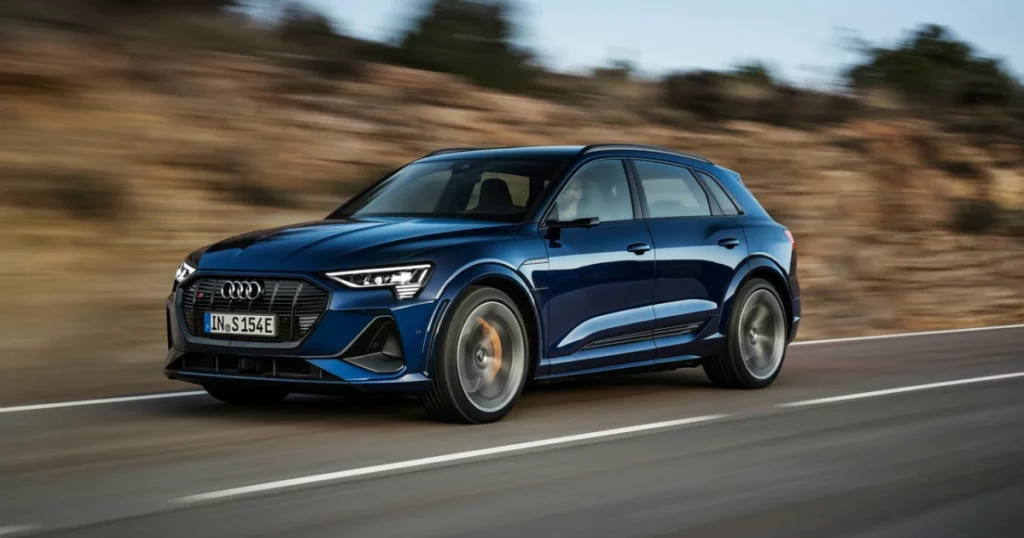
Lhe Audi e-tron is the German brand's first 100% electric SUV, available from early 2019. It is positioned in the luxury electric SUV range, based on the Q7 combustion-powered model.
The Audi e-tron is available with two engines, 55 Quattro and 50 Quattro. What's more, it is available in 4 trim levels, allowing you to diversify the price according to your needs. The Audi e-tron trims are e-tron, S line, Avus and Avus Extended.
In its 55 Quattroengine, the e-tron starts at €78,800 in its "e-tron" base trim.
L'Audi e-tron has a WLTP range of 436 km and a 95 kWh battery. What's more, it accelerates from 0 to 100 km/h in 5.7 seconds in its 55 Quattro configuration, powered by a 300 kW (408 hp) electric motor.
In terms of recharging, the Audi e-tron is capable of recharging from 10% to 80% in 26 minutes.
- Range: 436 km (WLTP)
- Acceleration from 0 to 100 km/h: 5.7s
- Fast recharge (10 to 80%): 26 min.
- Price: €78,800
Mercedes EQC
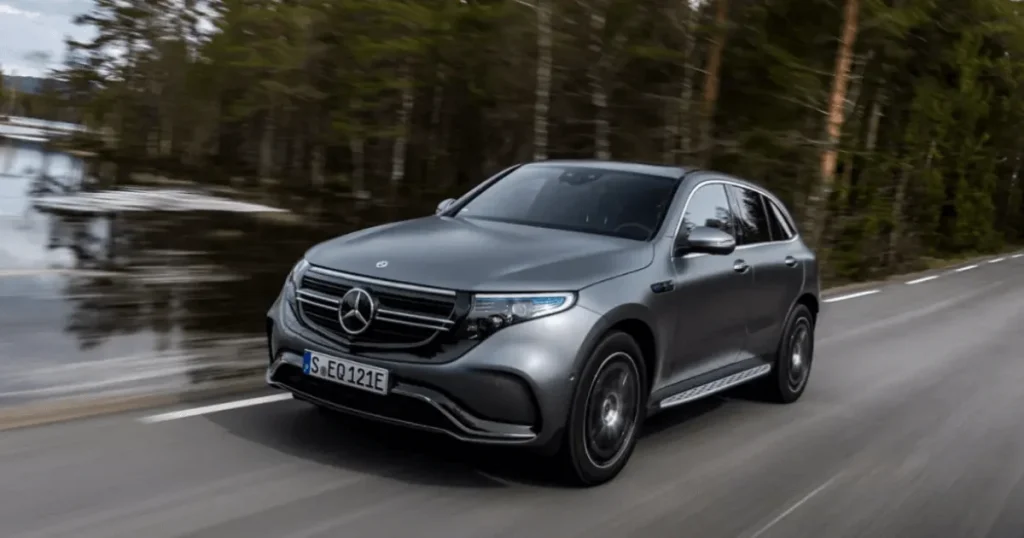
Available from €86,149, the Mercedes EQC is the first electric SUV from Mercedes as part of the EQ range dedicated to electric vehicles.
Equipped with a 300 kW (408 hp) engine, this SUV has nothing to envy the performance of combustion-powered vehicles, with a 0 to 100 km/h time of 5.1 seconds.
In terms of range, the Mercedes EQC has a WLTP range of 414 km thanks to its 85 kWh battery.
Inside, the EQC is equipped with a digital instrument panel, taken from the Mercedes A-ClassClass, which displays navigation and infotainment information.
- Range: 414 km (WLTP)
- Acceleration from 0 to 100 km/h: 5.1s
- Fast charge (10 to 80%): 35 min.
- Price: €86,149
Germany's best electric city cars
BMW i3
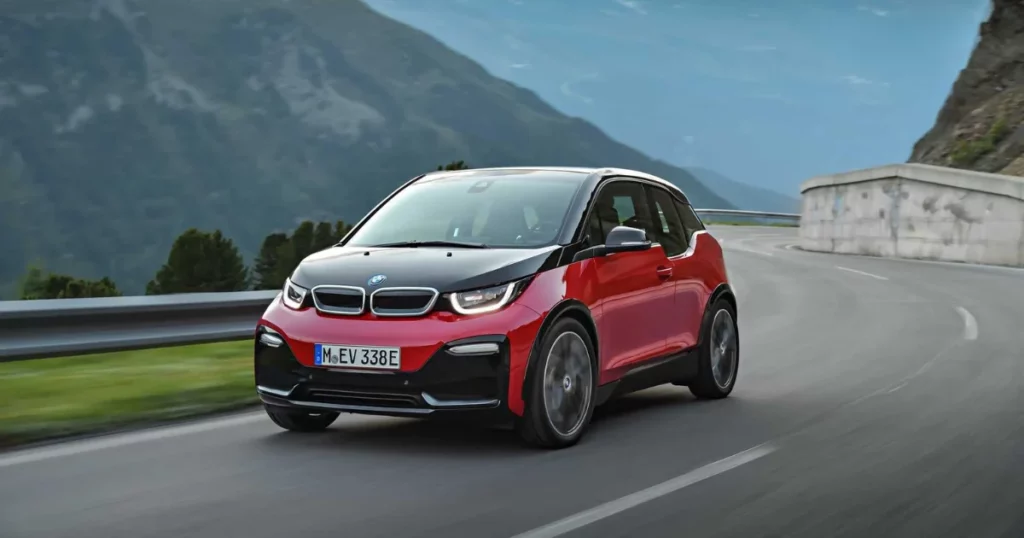
Launched in 2013, the BMW i3 was one of the first electric cars to be launched. Recently, the BMW i3 was offered a new, sportier version, the BMW i3s and a new technological package.
Available from €39,950, the BMW i3 is an electric city car with a 42 kWh battery that gives it a WLTP range of 310 km.
Engine-wise, the i3 features a 125 kW (170 hp) electric motor, enabling it to accelerate from 0 to 100 km/h in 7.9 seconds, with a top speed limited to 150 km/h.
- Range: 310 km (WLTP)
- Acceleration from 0 to 100 km/h: 7.9s
- Fast recharge (10 to 80%): 36 min.
- Price: €39,950
Opel Corsa-e
TheOpel Corsa-e is the German brand's first step towards electric power, thanks to the PSA Group's platform. L'Opel Corsa-e offers the same performance as electric city cars, while remaining one of the most affordable.
Available from €31,700, The electricOpel Corsa is powered by the same engine as the Peugeot e-208. The electric motor produces 100 kW, or 136 hp, enabling it to accelerate from 0 to 100 km/h in 8.1 seconds.
In terms of range, the electric city car offers up to 337 km in the WLTP cycle, thanks to its 50 kWh battery.
Inside, the sober design is identical to that of the internal combustion version. It differs only in its closed grille, exclusive wheels and redesigned fuel filler flap.
- Range: 337 km (WLTP)
- Acceleration from 0 to 100 km/h: 8.1s
- Fast recharge (10 to 80%): 27 min.
- Price: €31,700
Volkswagen e-Up!
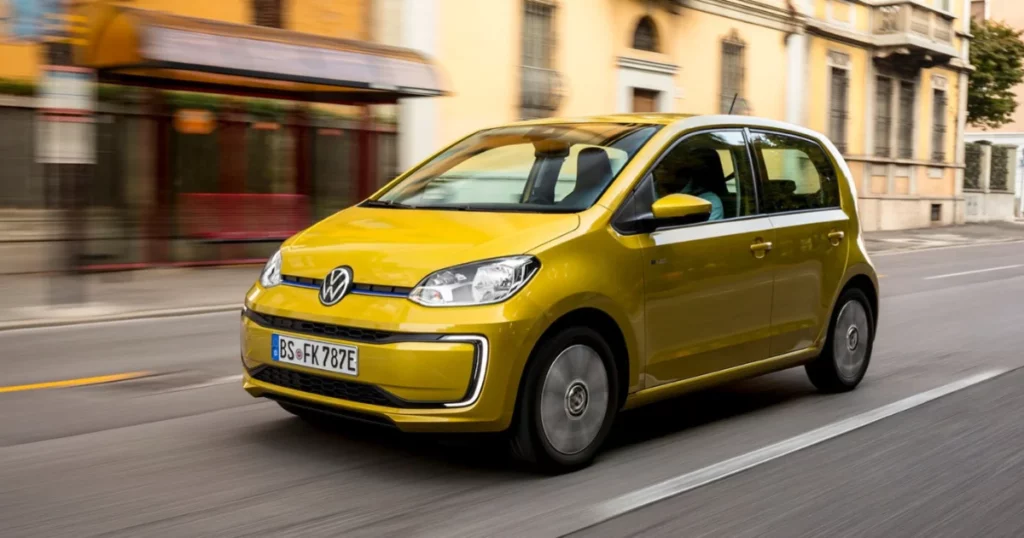
Volkswagen's first electric vehicle, the Volkswagen e-Up Gen 2 is the first electric vehicle launched by the German manufacturer since 2013.
The Volkswagen e-Up! returns in 2020 in a restyled version, with far superior performance. What's more, this 2020 version is the most affordable model in the Volkswagen range.
Starting at €25,400, the Volkswagen e-Up! is currently available in the e-Up! 2.0 trim level.
Today, the e-Up! is equipped with a 32.3 kWh battery, giving it a range of 260 km in the WLTP cycle, compared with 141 km for the first version of the vehicle.
The Volkswagen e-Up! offers exemplary driving pleasure thanks to its completely silent interior and its 61 kW (83 hp) electric motor, and accelerates from 0 to 100 km/h in 11.9 seconds.
- Range: 260 km (WLTP)
- Acceleration from 0 to 100 km/h: 11.9s
- Fast charge (10 to 80%): 48 min.
- Price: €25,400
Germany's best electric city cars
Porsche Taycan
The Porsche Taycan is the first electric car from the German stable. Available from the end of 2019, the Porsche Taycan is available from €108,632 in its basic 4S trim. The Porsche Taycan is also available in Turbo and Turbo S trim levels, with higher engine power and greater range.
In terms of range, the Taycan has a range of up to 450 km in the WLTP cycle, thanks to its 93.4 kWh battery.
This Supercar accelerates from 0 to 100 km/h in 2.8 seconds, with two engines delivering a combined power of 560 kW (761 hp). Top speed is 260 km/h, depending on the trim level. Taycan.
The Porsche Taycan is also capable of recharging up to 270 kWh, and the manufacturer has announced that it will be possible to recover 100 km of range in just 5 minutes.
- Range: 450 km (WLTP)
- Acceleration from 0 to 100 km/h: 2.8s
- Fast charge (10% to 80%) - 27 min
- Price: €108,632

We hope you've been able to find the German electric car that's right for you.
When it comes to electric vehicles, choice is no longer an issue, as there are many models with all the qualities needed to suit different types of driver.
It's up to you to choose the color, finish and brand you prefer. The choice is yours!
Read also: Top 9 Chinese electric cars in 2023
